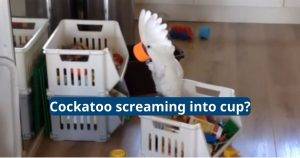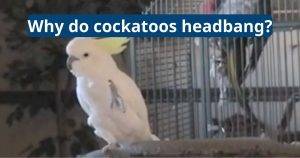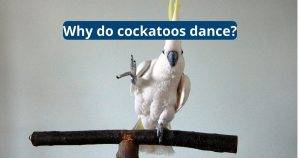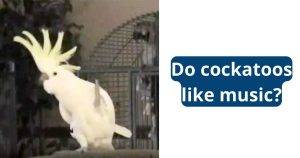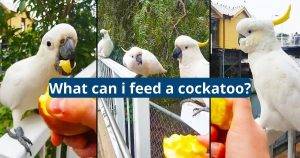How Can Parakeets Live Alone When You’re Away From Home?

Parakeets inhabit large flocks in nature and do not like being alone for too long; they require constant stimulation and can become stressed from lack of companionship. Parakeet cages must be designed in such a way as to prevent escape. Installing a security camera would be ideal, or asking a trusted friend or family member to check up on your bird periodically is another effective solution.
How long can a parakeet be left alone?

As a pet owner, it is crucial that you spend ample time interacting with your parakeet to ensure their wellbeing. Unfortunately, life may force us away for extended periods and there are several solutions available to make their stay comfortable while they await their master’s return.
Depriving your parakeet of attention for too long can lead to depression and stress, which in turn can result in behavioral problems like excessive vocalization, feather plucking, lethargy and weight loss. Therefore, it is crucial that they have access to fresh water and food during these times.
Parakeets are social birds that thrive with human companionship. If you can’t provide it, finding another parrot to keep them company will greatly decrease boredom, anxiety and risk of illness for both birds.
If you are introducing a new parrot into the family, it is wise to introduce them separately at first to allow both birds time to adjust and become acquainted. After two or three weeks they can then be combined in the same cage together; initially though, you should feed their original bird from outside their new friend’s cage so they can interact without fear of attack from his new buddy.
Preparing to leave your parakeet alone
Parakeets should never be left alone for too long as this can lead to boredom, anxiety and irritability – which in turn may lead to more serious behaviors such as excessive vocalization and feather plucking. You can try to combat this situation by keeping pairs together, spending quality time each day together as well as offering plenty of enrichment activities like toys.
Another key point is making sure that your parakeet’s cage is located in an environment which won’t allow other pets, children or hazards such as open windows to knock it over or access its contents. You might also consider opening windows and taking your bird outside for brief periods to provide them with extra stimulation and entertainment.
Parakeets are highly social birds that enjoy living in pairs. Being part of a couple allows them to interact more, spend more time together, play together, and form deeper bonds than living alone. A companion bird not only keeps your parakeet happier and healthy by decreasing stress levels and preventing depression but can also make your life much simpler!
Lastly, if it becomes necessary for you to leave your parakeet alone for an extended period, it is crucial that someone regularly checks on them to ensure that their basic needs such as food and water are being provided, along with keeping the cage free of debris. Furthermore, adding new toys or puzzles into their environment will keep them interested.
Leaving your parakeet alone

When leaving for more than a few days, there are a few steps you can take to help prepare your parakeet for their stay. First and foremost, ensure they have sufficient food and water. Add toys to their cage that rotate regularly so as to prevent boredom from setting in. Finally, leave soothing music or nature sounds on so as to regulate their circadian rhythm and prevent anxiety from setting in too soon.
Parakeets are very social animals that benefit from having companions around. Therefore, having two is always preferable; wild parrakeets typically live in large flocks with numerous members to interact with one another and vice versa. If two birds aren’t possible then arrange to have someone visit your parkeet during your absence to keep him/her company.
Left alone for more than 24 hours can be extremely harmful to a parakeet that has grown used to daily interaction with its owner. If you must leave, it’s advisable to ask a friend or family member to check on and feed your bird as well as set up a camera so you can stay updated on its activity.
Keeping your parakeet company
As much as possible, try spending quality time with your parakeet. This will help ensure they remain happy and healthy; however, sometimes life gets in the way and we must leave our pets behind for some time. In such an instance, make sure systems are in place that ensure your parakeet’s safety by providing food and water; you could also ask a friend or family member to check in regularly with them to provide entertainment and enrichment activities for your parakeet.
Parakeets are highly social birds and when left alone for extended periods they become bored quickly, leading to unwanted behaviors like feather plucking, agitation and excessive screaming. You can prevent this by spending lots of time with your bird and providing mental enrichment through playtime sessions, puzzle toys or interactive toy setup arrangements inside its cage.
Your parakeet may also benefit from having access to their surroundings through windows; covering these will prevent them from getting confused when you’re not around. A radio with various sounds might also help distract him or her while you’re gone and keep him/her happy and contented while waiting.

